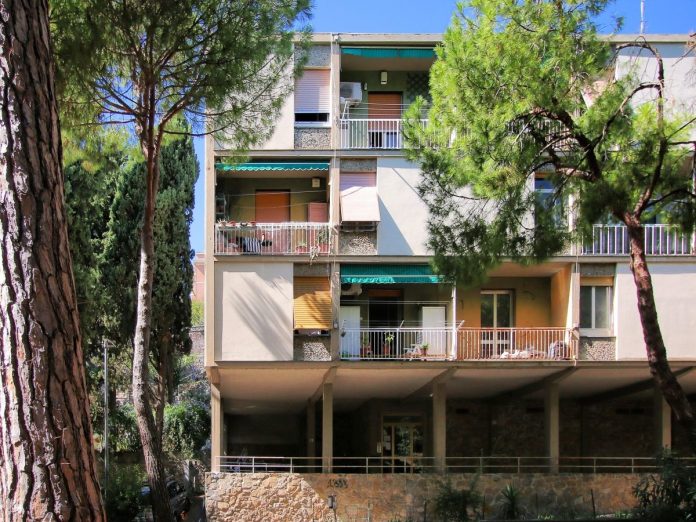Cara Casa (Dear Home), the itinerant Housing Festival in Milan, Bologna, Genoa and Venice/Mestre, was set up with the aim of investigating how people’s ways of living have changed, involving citizens as the protagonists of these changes, in order to open up a broad reflection on the forms of living and define a shared and plural vision, based on specific themes in each territory where the programme will be held. Organised by Ordini degli Architetti di Milano, Genova, Venezia and by Ordine degli Architetti di Bologna, in collaboration with Università di Genova, Fondazione Housing Sociale and Associazione AmbienteAcqua APS, the Cara Casa festival has been realised thanks to the awarding of the public notice “Festival Architettura – II edizione”, promoted by the Direzione Generale Creatività Contemporanea del Ministero della Cultura.
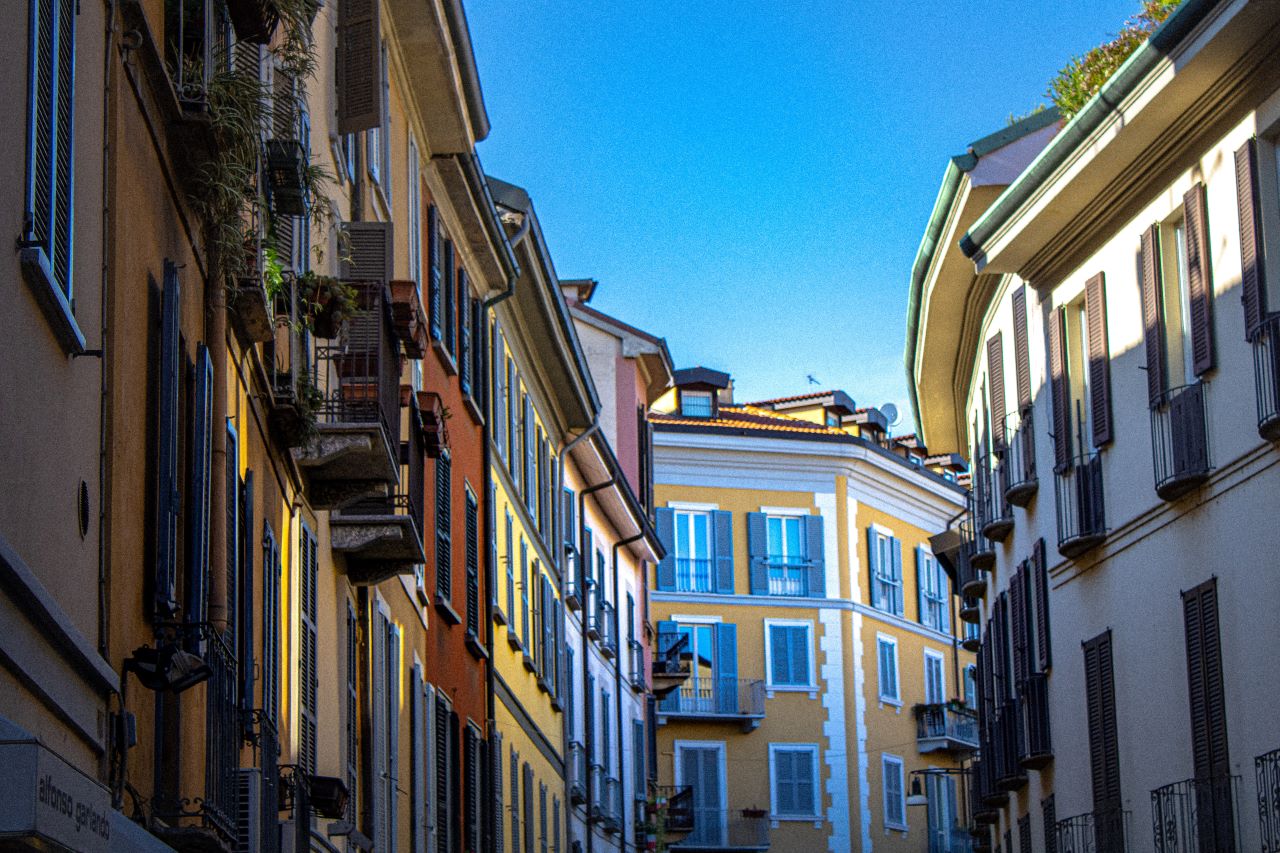
The programme of events, which can be consulted on the festival website, is extensive, and the list of guests is impressive, including Pierfrancesco Maran, Councillor for Housing and Neighbourhood Planning, Emily Clancy, Deputy Mayor and Councillor for Housing in Bologna, Mario Mascia, Councillor for Urban Planning in Genoa, many architects and numerous researchers. Architects will be invited to express themselves and look at the theme of housing from challenging perspectives. In Milan, reflections will focus on the theme of home accessibility, housing models and how these are reflected in the design of homes. The workshops Nuovi Paesaggi domestici: Progetti sperimentali di interior design and Ripensare gli spazi della casa in Milano will bring designers, winners of a public call for entries proposed by the Fondazione Housing Sociale, together with Patricia Viel, to discuss the replicability of their models and the new functions of domestic space.
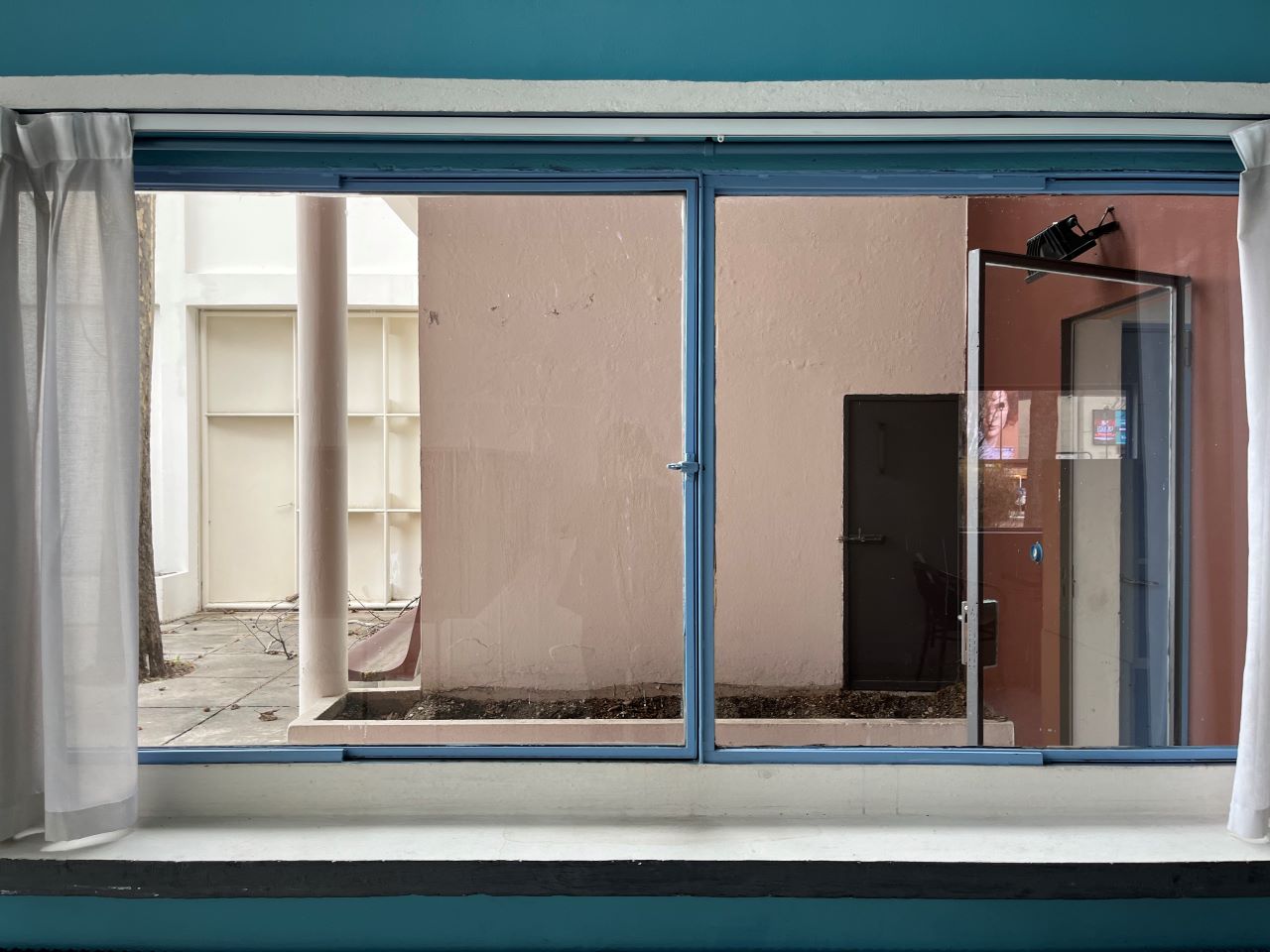
In Bologna, they will discuss living together, solutions and forms of reaction capable of countering the emergencies affecting displaced persons, migrants and, in general, people in difficulty. The Institutions and Social Responsibility meeting, on the other hand, will call on different voices in Bologna to talk about the housing shortage in the city, which penalises large sections of the population. Participants in the conference will include Deputy Mayor Emily Clancy, Rita Ghedini, President of Lega CoopBologna, Simona Tondelli, Vicar Pro-rector of the University of Bologna, and Cardinal Matteo Zuppi of the Curia of Bologna.
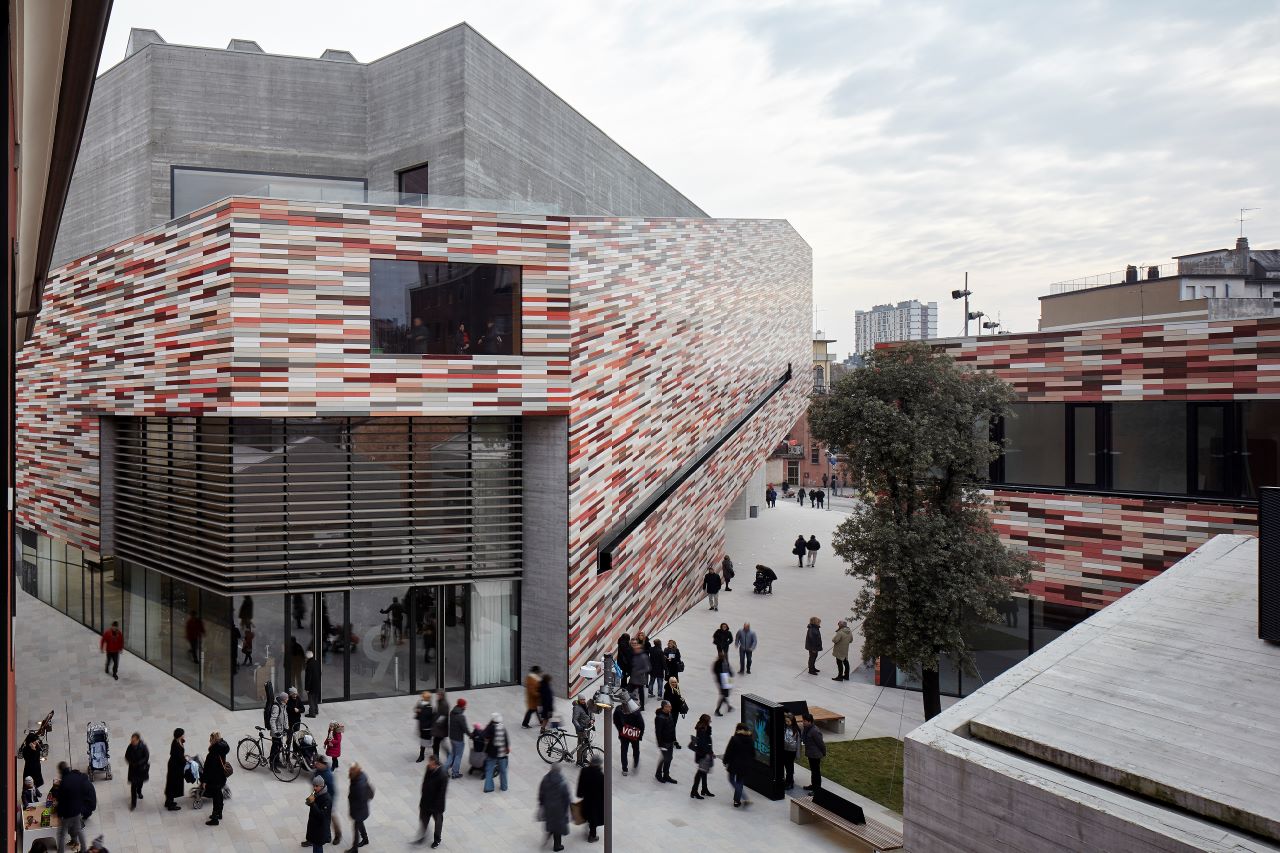
Urban redevelopment, the ability to regenerate territories and public spaces will instead be at the heart of the programme organised by Venezia/Mestre. In the meeting The inhabited city and the quality of urban spaces. The case of Mestre, several guests, including Roberto Beraldo, President of OAPPC Venice, Massimiliano De Martin, Councillor for Building, Urban Planning and the Environment of the Municipality of Venice, and Luca Molinari, Scientific Director of M9 – Museo del ‘900, will review emblematic places in Mestre, the result of the urban regeneration of the territory.
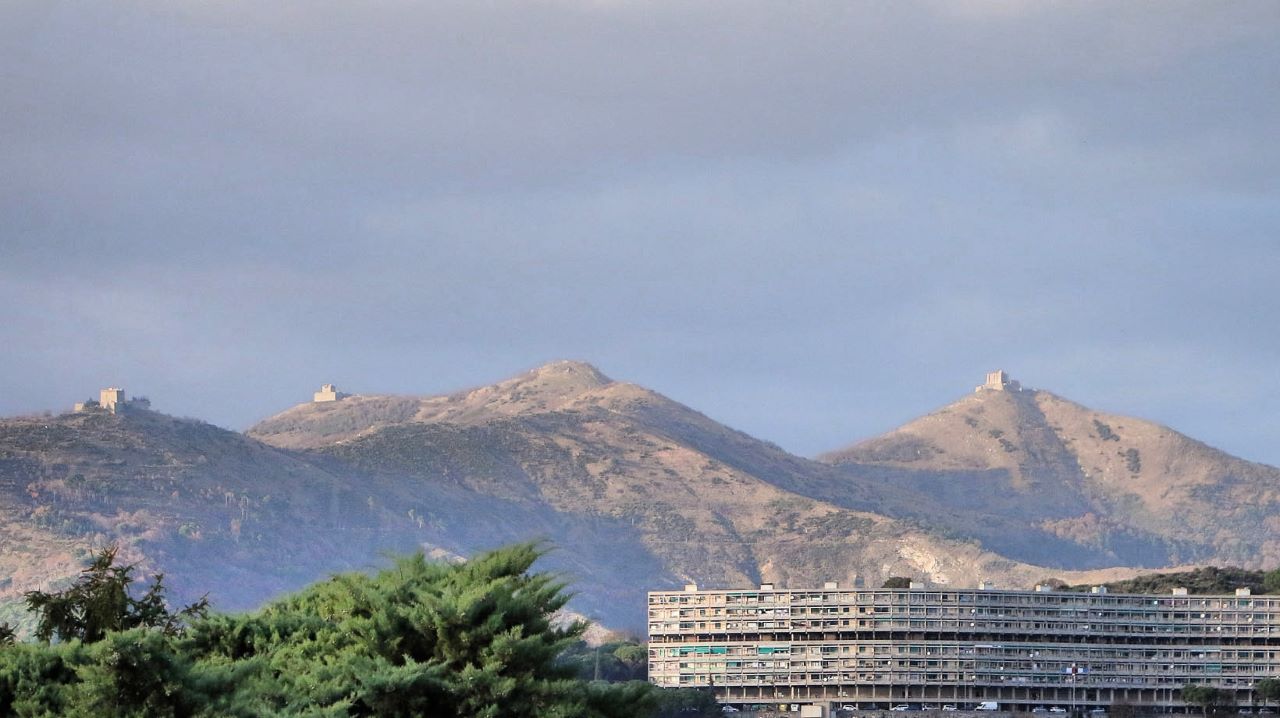
Genoa will host conferences and meetings to discuss the issues of building redevelopment, public and social housing stock. The round table Social Housing vs New Forms of Shared Housing. The Experience of Vienna and Bordeaux will deal – again in the logic of the contamination of good practices – with the theme of housing designed for fragile social groups. Emerging initiatives will be explored, which originate from below to compensate for now inadequate allocation criteria: from cohousing, to cooperativism, to self-construction collectives. Speakers include Mario Mascia, Councillor for Urban Planning of Genoa, Bernard Blanc, former Councillor for Resilient Urban Planning of the city of Bordeaux, Michael Obrist, Director of the Department of Housing at TU WIEN (Technical University of Vienna).

